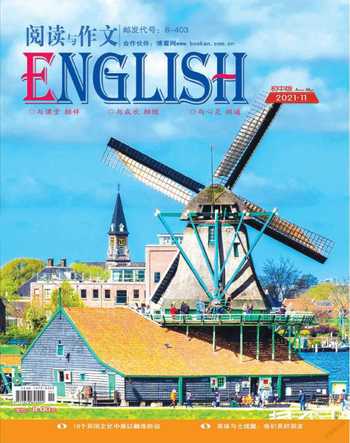10个异国文化中难以翻译的词
The idea that words cannot always say everything has been written about extensively—as Friedrich Nietzsche said, “Words are but symbols for the relations of things to one another and to us; nowhere do they touch upon the absolute truth.”
We’ve illustrated 10 of these wonderful, untranslatable, if slightly elusive, words. We will definitely be trying to incorporate a few of them into our everyday conversations, and hope that you enjoy recognizing a feeling or two of your own among them.
A feeling of solitude, being alone in the woods and a connectedness to nature. Ralph Waldo Emerson even wrote a whole poem about it.
The mark left on a table by a cold glass. Who knew condensation could sound so poetic?
Urdu is the national language of Pakistan, but it is also an official language in 5 of the Indian states. This particular Urdu word conveys a contemplative ‘as-if’ that nonetheless feels like reality, and describes the suspension of disbelief that can occur, often through good storytelling.
This is the word the Japanese have for when sunlight filters through the trees—the interplay between the light and the leaves.
Spaniards tend to be a sociable bunch, and this word describes the period of time after a meal when you have food-induced conversations with the people you have shared the meal with.
Their slang for someone who tells a joke so badly, that is so unfunny you cannot help but laugh out loud.
You know when you forget where you’ve put the keys, you scratch your head because it somehow seems to help your remember. This is the word for it.
The feeling that comes from not being in one’s home country—of being a foreigner, or an immigrant, of being somewhat dis-placed from your origin.
The feeling of anticipation that leads you to go outside and check if anyone is coming, and probably also indicates an element of impatience.
The word for the glimmering, roadlike reflection that the moon creates on water.

